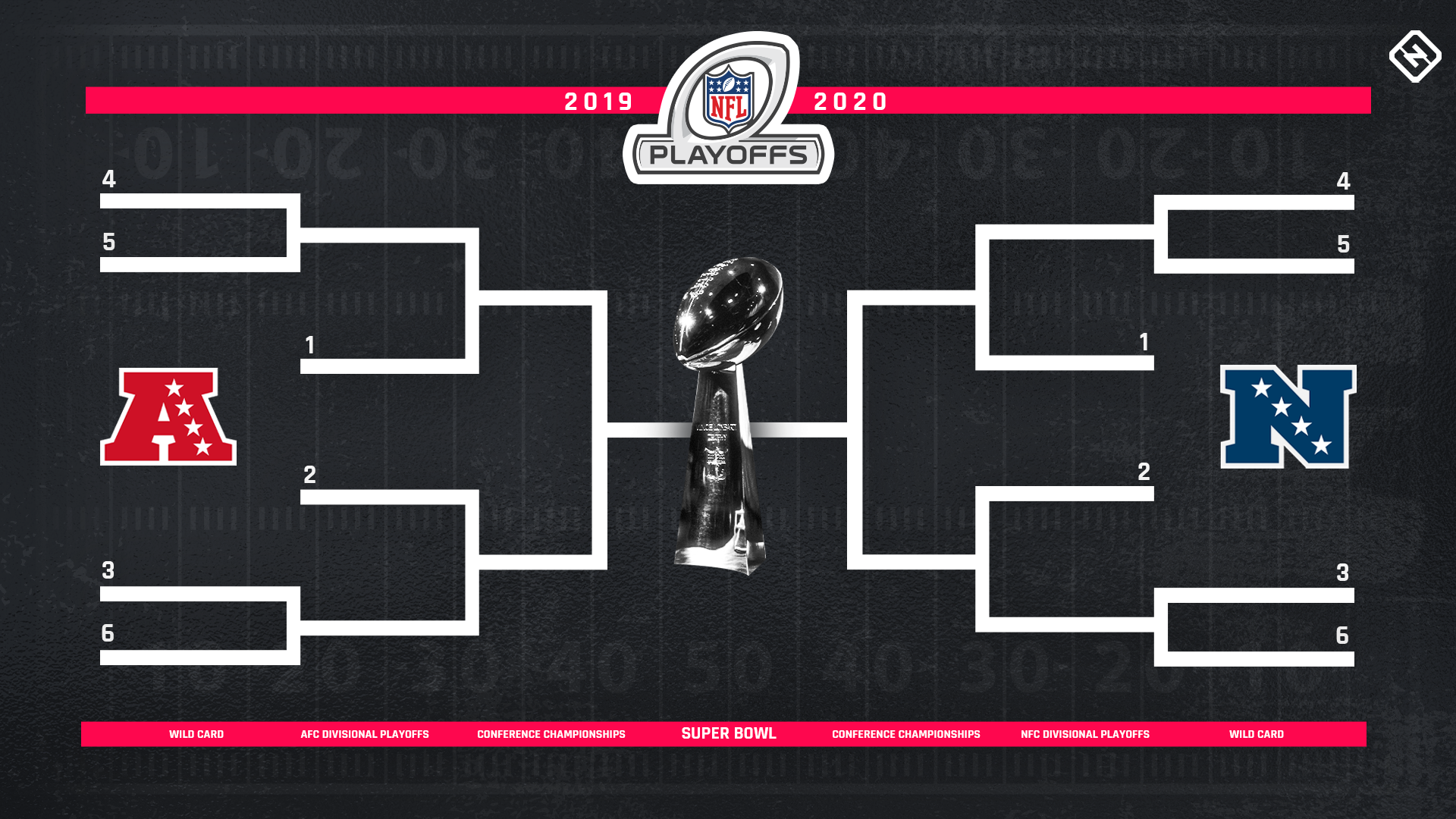How Do Sports Betting Odds Work
Let’s take a look at sports betting basics: How Odds Work.
Betting Basics In essence, when you are making a bet, you are depositing money with the bookmaker. If the bet is unsuccessful, the bookmaker keeps the deposited money. However, if the bet is successful. Using the +260 odds on the Packers, a $10 bet would payout $26 in profits, plus the return of your original $10 bet for a total of $36 back in your pocket. In most cases, the sportsbook you’re betting with will do. Decimal Style Sports Betting Odds. Decimal style odds are used mostly in Europe, and are pretty easy to understand. To calculate the decimal style odds all you will need to do is simply multiply the amount you wish to wager by the decimal odds shown and you will get your payout.
Odds are just basic math used to make sure that both sides of a bet are fair or equal. They are also some of the most misunderstood numbers in gambling. In sports betting, bookies or sportsbook set the odds. To understand how odds work we need to understand how sportsbooks make money.
Using the following simple formula: Stake x Decimal Odds = Total Payout. Another way of thinking about these numbers is that they represent how much a winning ticket will be worth if you bet $1.
Using the most basic example of a contest we can, coin flipping, lets look at how a sportsbook would treat it. There are only two outcomes but the probability of each side coming up is 50%. All pretty basic.


Let’s say I am a huge “tails” fan, but I have no one to bet with. Meanwhile you are a big “heads” fan. The problem is that we don’t know each other and the game is about to start. A bookie or sportsbook is in the business of brokering those bets for us. As with any broker, the bookie would like to get paid. To do this, the bookie uses odds.
Odds come in a number of forms. In Europe they use both fractional (“11/10”) or decimal (1.5). The most common odds format in North America are what we in refer to as “American Odds“. Most 50/50 contests set the American Odds for both sides as -110. That is likely the odds a sportsbook would give on coin flipping.
What that means is a $110 bet on one side offers a chance to win $100, plus return the original $110. With the bet this is often said “to return” $210.
Likewise, you are getting the same offer $110 to win $100.
What this means is that no matter who wins this bet, the sportsbook will have the $100 to pay the winner and have $10 left over for itself. This is commonly called “margin”, “the juice”, “the vig” short for “vigorish”. We’ll talk more about that in later videos, but essentially, the sportsbook aims to make a profit from every single bet they take and the loser pays that fee.
How Do Betting Sites Calculate Odds
This example only covers bets where there is a 50% probability and involves an even number of bettors on one side and the other. If you have games where the outcome is more or less than 50%, the bookie adjust the odds so that they favorite team is going to win less money. The team that is expected to lose, or “dog”, will win more money than their bet. Meanwhile the sportsbook or bookie will always maintain that edge or vig.
What Do Odds Mean
To continue this topic, you may want to continue with the article on Why Odds Change.